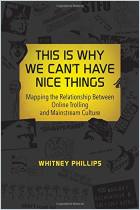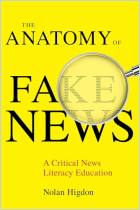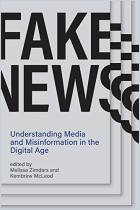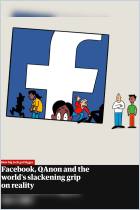Professors Whitney Phillips and Ryan M. Milner offer a ray of hope for overcoming the information pollution of the modern media landscape. They trace the history of disinformation, false news and conspiracy theories – from the “Satanic Panics” of the 1980s and 1990s to today’s QAnon conspiracy. The academic flavor of the writing means this is not a breezy read, but the insights are fascinating and often terrifying. Phillips and Milner conclude with steps you can take to counter the onslaught of polluted information that undermines the marketplace of ideas.
Polluted information has triggered a crisis in the online media ecosystem.
Digital networks have become a conduit for the diffusion of toxic messages, including disinformation, propaganda, hate speech, harassment and conspiracy theories. Information pollution is not a new phenomenon, but the properties of digital communication networks allow pollution to spread faster and wider than ever before. The business models and algorithmic technology of many internet media companies amplify the worst of it.
This pollution has led to seemingly intractable political polarization, with people living in ostensibly separate worlds, each holding to its own incompatible set of basic facts. The dissemination of false information, the cultivation of vast conspiracy theories, and the promotion of racism and bigotry undermine the functions of participatory democracy.
Innovations in media created the conditions for the spread of polluted information.
The factors that facilitate the spread of polluted information include new forms of read-write media technology, such as video camcorders, audio recording devices and photocopiers...


















Comment on this summary or Start Discussion